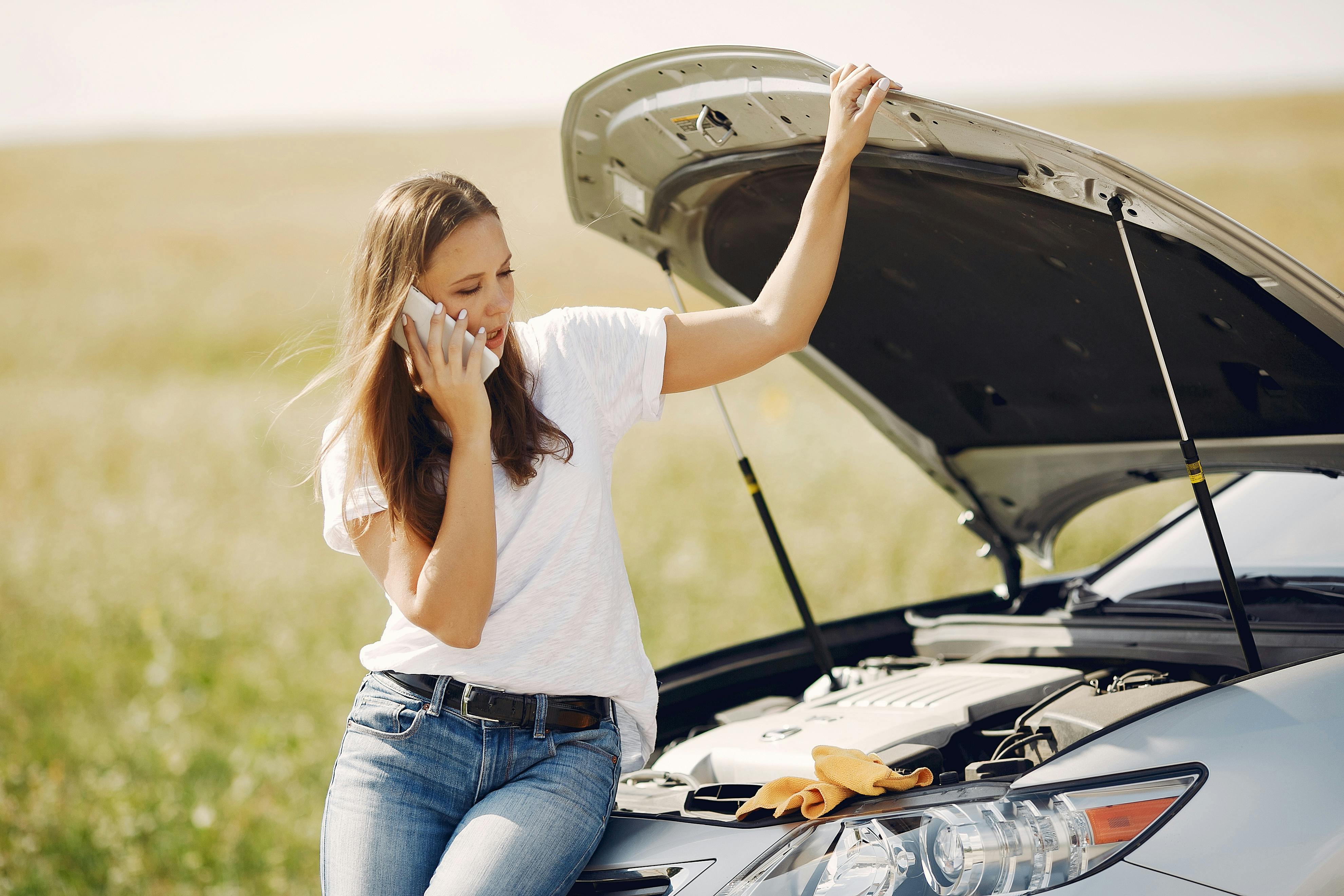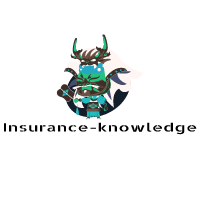Car accidents can be overwhelming and stressful experiences. Knowing what to do immediately after an accident can help protect your interests, ensure everyone's safety, and streamline the process of dealing with the aftermath. Here's a step-by-step guide to follow if you find yourself involved in a car accident.
1. Ensure Safety First
- Check for Injuries: Assess yourself and your passengers for any injuries. If anyone is injured, call 911 immediately.
- Move to Safety: If the accident is minor and the vehicles are still operational, move them to the side of the road to avoid further collisions. Turn on your hazard lights to alert other drivers.
2. Call the Authorities
- Contact the Police: Regardless of the accident's severity, it's important to call the police. An official report can be crucial for insurance claims and legal matters.
- Follow Instructions: Follow the dispatcher’s instructions and provide them with accurate information about the accident's location and any injuries.
3. Document the Scene
- Take Photos: Use your phone to take pictures of the accident scene, including all vehicles involved, any visible damages, and relevant road conditions or traffic signs.
- Note Details: Write down the date, time, and location of the accident. Record the weather and road conditions, as well as any other relevant details.
4. Exchange Information
- Driver Details: Exchange names, addresses, phone numbers, and driver's license numbers with all drivers involved.
- Vehicle Information: Note the make, model, year, license plate number, and VIN of all vehicles involved.
- Insurance Information: Exchange insurance company names and policy numbers with the other drivers.
5. Collect Witness Information
- Witness Contacts: If there are any witnesses to the accident, ask for their names and contact information. Their statements can be valuable during the claims process.
6. Avoid Admitting Fault
- Stick to Facts: When speaking with the other drivers, witnesses, and police, provide factual information without admitting fault. The investigation will determine liability.
7. Seek Medical Attention
- Get Checked: Even if you feel fine, it's advisable to see a doctor after an accident. Some injuries may not be immediately apparent.
- Follow Up: Follow your doctor’s advice and keep records of all medical treatments and expenses.
8. Notify Your Insurance Company
- Report the Accident: Contact your insurance company as soon as possible to report the accident. Provide them with all the information and documentation you’ve gathered.
- Provide Details: Be honest and thorough in describing the accident. Your insurer will guide you through the claims process.
9. Keep Records
- Document Everything: Keep a file with all documents related to the accident, including the police report, medical bills, repair estimates, and correspondence with your insurance company.
10. Consider Legal Advice
- Consult a Lawyer: If there are significant damages, injuries, or disputes about the accident, it may be beneficial to consult a lawyer. They can help protect your rights and navigate complex legal issues.
Testimonials from People Who Have Experienced Car Accidents

Testimony 1: Sarah's Story
"I was in a minor fender bender last year. I was pretty shaken up, but I remembered to move my car to the side of the road and turn on my hazard lights. The other driver and I exchanged information, and I made sure to take photos of the scene. The police arrived quickly, and having an official report made the insurance claim process smoother. The whole experience was stressful, but knowing what steps to take really helped me stay calm and handle everything properly."
Testimony 2: Mark's Experience
"After my accident, I was unsure of what to do first. Luckily, I had a checklist in my glove compartment that walked me through the process. I called 911, took pictures, and got the other driver’s information. Later, I went to the doctor even though I felt okay at the time. It turned out I had a minor concussion that I wouldn't have known about otherwise. The step-by-step guide was invaluable in making sure I didn’t miss anything important."
Testimony 3: Emily's Account
"Being involved in a hit-and-run was terrifying. I immediately called the police and gave them all the details I could remember. I also talked to witnesses who were kind enough to give me their contact information. My insurance company was very supportive and guided me through the claim process. Their quick response and clear instructions helped me get my car repaired and put the incident behind me."
Testimony 4: James's Tale
"When I got into an accident on the highway, my first instinct was to panic. However, I remembered to stay calm and follow the steps I had read about. After ensuring everyone was safe and calling the police, I documented the scene and got all necessary information from the other driver. My insurance claim was processed quickly thanks to the thorough documentation I provided. It was a stressful event, but being prepared made a big difference."
Testimony 5: Lisa's Experience
"My car accident was quite serious, and I ended up in the hospital. My husband followed the steps outlined in our emergency kit, which included contacting our insurance company and getting a lawyer’s advice. The documentation we had gathered at the scene, combined with the police report, made our case clear. Our lawyer handled the legal aspects, ensuring we were compensated fairly. The whole ordeal was overwhelming, but having a clear plan helped us manage the situation effectively."
Being involved in a car accident is a daunting experience, but knowing the steps to take can help you manage the situation more effectively. Prioritizing safety, documenting everything thoroughly, and promptly notifying your insurance company are key actions that can ease the process of dealing with an accident. Stay calm, follow this guide, and you'll be better prepared to handle the aftermath of a car accident.










